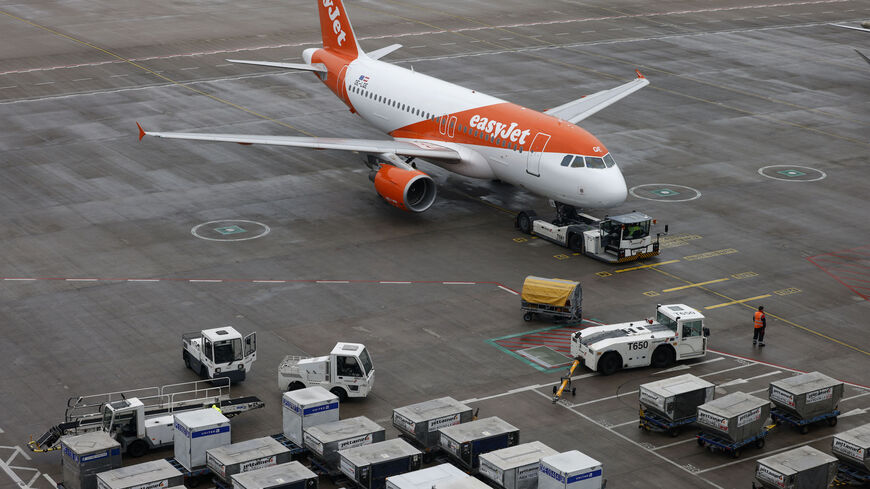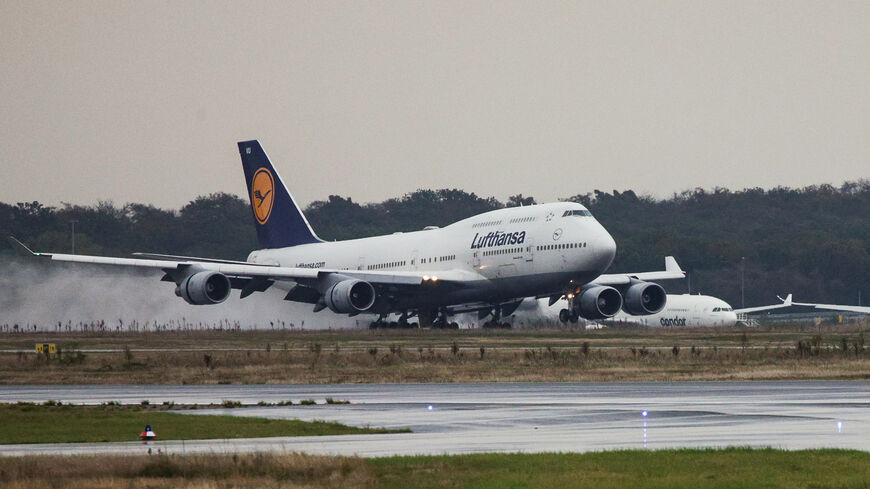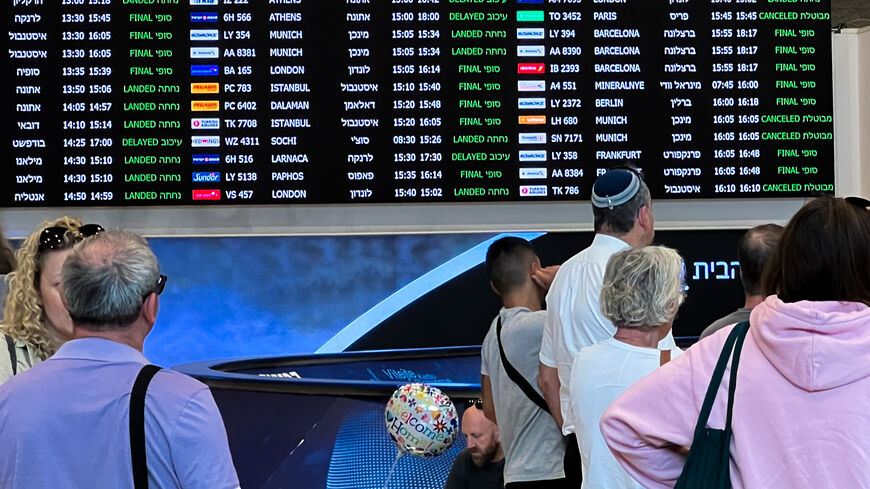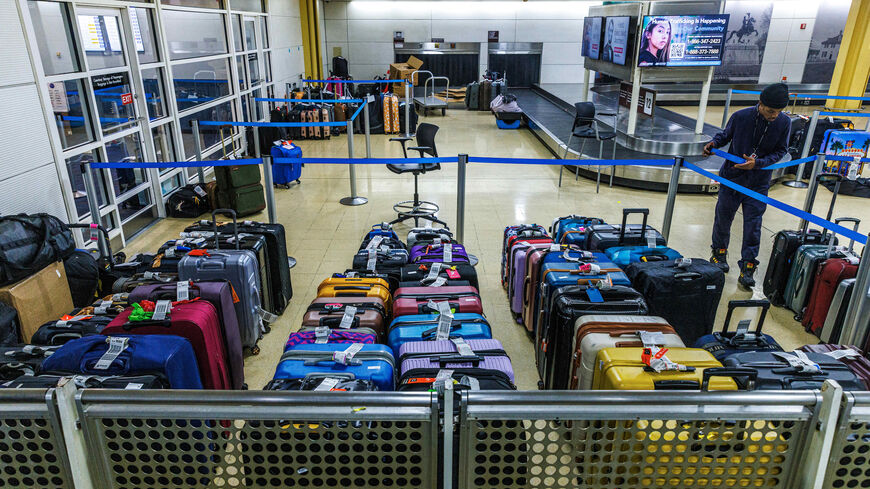How Iran's attack on Israel is disrupting air traffic
The weekend's Iranian attack has massively disrupted air traffic across the region.

Commercial flights across the Middle East remained severely disrupted on Monday after Iran launched an unprecedented drone and missile attack on Israel over the weekend, leading several countries in the region to temporarily close their airspace.
On Saturday evening, Tehran launched more than 300 missiles and drones toward Israel in response to a suspected Israeli airstrike that killed seven senior Islamic Revolutionary Guard Corps officials in the Syrian capital on April 1. While Israel and allies including the United States, France and the United Kingdom managed to intercept almost all the projectiles coming from Iran, the unprecedented direct attack on the Jewish state sparked concerns of an all-out war in the region.
Israel, Jordan, Lebanon and Iraq closed their airspace on Saturday. Although all four Middle Eastern countries reopened their airspace on Sunday, hundreds of flights were delayed, suspended or rerouted and the disruption continued into Monday.
Reuters reported Monday that this weekend marked the biggest single air travel disruption since the Sept. 11 attack on the World Trade Center in 2001, citing Mark Zee, founder of OPSGROUP, which tracks airspace and airports.
International chaos
German carrier Lufthansa adjusted routes last week due to the tensions in the region, where Israel and other countries braced for retaliation from Iran following a suspected Israeli bombing of the Iranian consulate in Damascus.
As a precautionary measure, the airline had decided Friday to avoid Iranian airspace through April 18, temporarily suspending connections to Tehran as well as night flights to Tel Aviv.
A spokesperson from the German firm told Al-Monitor Monday, “Following the latest developments in the Middle East region, the Lufthansa Group has decided to suspend all flights to Amman, Beirut, Erbil and Tel Aviv until at least Monday, April 15."
“In addition, all Lufthansa Group flights will avoid the airspace over Israel, Jordan and Iraq until further notice. Flights that were already in the air last night were diverted to new routes," he added.
A spokesperson for Austrian Airlines, which is owned by Lufthansa Group, said Monday that the airline has suspended flights to and from Tel Aviv, Erbil and Amman through the day.
"Austrian Airlines is currently planning to resume regular flights to these three destinations from 16 April," she told Al-Monitor. "Flights to Tehran will remain suspended until at least 18 April." She explained that Austrian Airlines had already joined Lufthansa Friday in avoiding Iranian airspace through April 18.
A spokesperson for Dutch airline KLM told Al-Monitor Monday that flights to and from Tel Aviv have been canceled for Monday and that “we expect to know more about tomorrow’s flights" by the end of the day.
Australian carrier Qantas' spokesperson told Al-Monitor, “We’re temporarily adjusting the flight paths for our flights between Perth and London due to the situation in parts of the Middle East," the only Qantas service directly impacted by the Iran-Israel face-off. "We’ll reach out to customers directly if there’s any change to their booking,” the spokesperson added.
Regional restart
Meanwhile, many Middle Eastern airlines have cautiously resumed the affected flights, many of them using alternative routes.
A flydubai spokesperson told Al-Monitor Monday that the airline’s flights were operating on schedule.
An Etihad Airways spokesperson told Al-Monitor Monday that the airline plans to resume scheduled passenger and cargo services between Abu Dhabi and Tel Aviv, Abu Dhabi and Amman and Abu Dhabi and Beirut on April 15.
“As services return to normal following disruption caused by the temporary closure of airspace across parts of the Middle East on Sunday, 14 April, there may still be a risk of some knock-on disruption across Monday, 15 March, and customers are urged to check the status of their flight on etihad.com before travel,” the spokesperson said.
Emirates, El Al and Qatar Airways have also resumed operations in the region.








